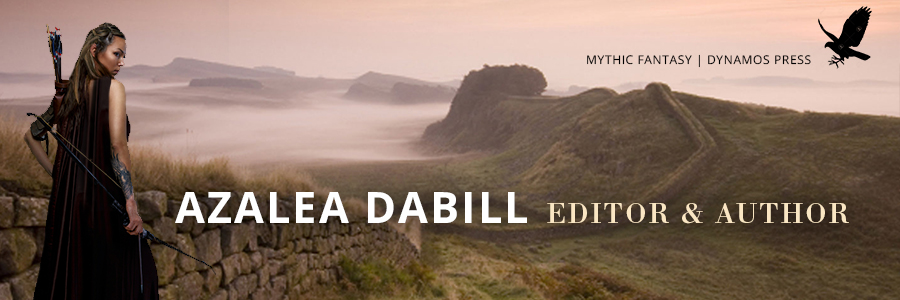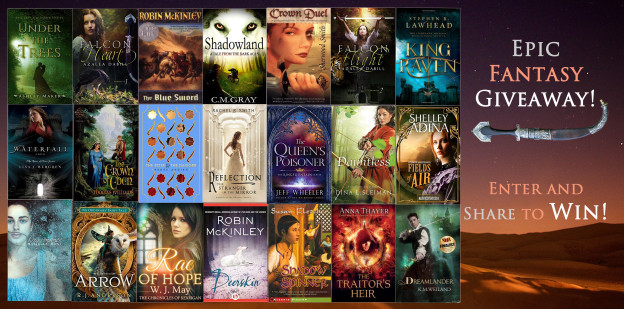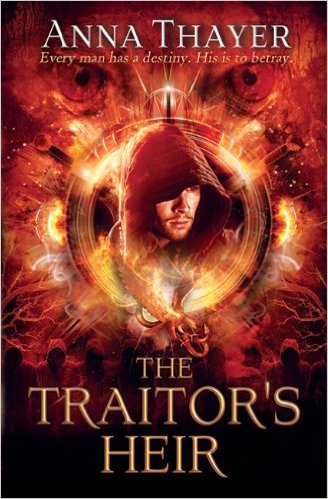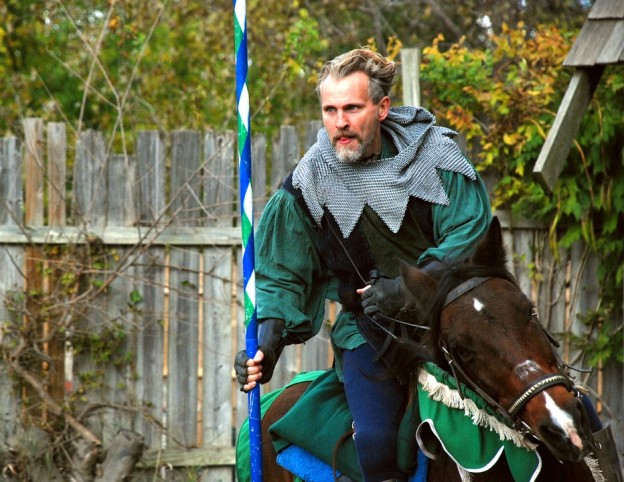I’m giving away 21 of my new favorite fantasy books to help build my author platform and help a couple friends.
My friends Ashley Maker, Mariella Hunt, and I are making this a team effort to get you epic fantasy adventure. Continue reading


I’m giving away 21 of my new favorite fantasy books to help build my author platform and help a couple friends.
My friends Ashley Maker, Mariella Hunt, and I are making this a team effort to get you epic fantasy adventure. Continue reading

Click on any of these books for their descriptions or sales page on Amazon.
 The Queen’s Poisoner by Jeff Wheeler
The Queen’s Poisoner by Jeff Wheeler
“Courage isn’t the absence of fear, Owen. Courage is moving forward even when you’re afraid.” (Check out Jeff’s article on Virtue. A great read! So encouraging.) Continue reading

Adventure into new worlds . . .
Steal this graphic I made with a free photo from Unsplash–just link back–thanks!
I’m excited and just wanted to encourage you all that our fans really appreciate us taking time to talk to them.
Yesterday I emailed Rachel Neumeier of the Griffin Mage trilogy, The Floating Islands, etc., asking to order a signed copy of her new book Keeper of the Mist that is coming out for my book giveaway that Derek is helping me set up. *Giveaway coming soon.*

As a past practicing martial artist and a fellow human who loves a good adventure, I admire great fight scenes.
Some of the best books and movies for fight scenes include: R. A. Salvatore’s The Dark Elf trilogy for sword work; Lisa Tawn Bergrin’s River of Time Series
for staff-wielding females; the The Bourne Trilogy and
The Last Samurai movie
for martial art applicability, prowess, and a glimpse of another world; all with the languages, costumes, and characters true to themselves. And these touch but the tip of the iceberg. And I must add Beyond the Mask, which had some tight, well-played action scenes.
Of course, all of these, especially the movies, are more or less realistic as far as a real fight with various weapons goes. Much depends on the actor or character and the right build of tension and credibility throughout the story around the fight scene. I should add that in my experience the quality of the surrounding story highly impacts the fight scene.
In a story, book or film, there’s a fine ratio between exhibitionism and realism. In books, I especially lean toward realism—in the context of the portrayed world, as I say above. For instance, there’s a large difference between an elf’s swordsmanship abilities and a man’s.
I dislike blatant impossibilities such as the river scene and some of the others in the last segment of The Hobbit movie. They do not strike me as quite true to J. R. R. Tolkien’s Middle Earth. On top of that, impossibilities of real bodies in motion yank me out of the story. (I still like The Hobbit, just not as much as LOTR.)
Practicing martial art has given me insights into how to make a fight scene believable. Full contact Tae Kwon Do gives you some idea of guarding, striking, balance, action and reaction: the give and take of forces. It also gives you the experience of falling and how you feel when hit, how it feels to take down and hit someone else, and gives a multitude of techniques for excellent martial art scenes in fantasy adventure stories.
For a fight scene in any medium to be anything more than a brawl, it must have meaning behind it, within it, and ahead of it: a goal achieved by it. The goal “achieved” can be success or failure, depending on how it serves the story. The stakes must also be logically solid, which leads to emotional meaning and characters basing their actions or desired outcomes on the stakes and their meaning.
And someone may know how to fight, but not how to write, or script, or film. I imagine that’s why there are instructors and editors involved in both movies and books. So if you’re trying to write a great fight scene for script or book, take a few martial arts lessons or talk to someone who knows. Study the scenes you love and the ones that fit the five signs of a great fight scene.
So if you’re a writer or reader and you have a favorite fight scene or movie, leave a comment below and let me know. Please share this article with your friends on your favorite social media if you’ve found it helpful.
Thank you!
Azalea Dabill
Some links are affiliate
Who would you like to rescue you from a bad situation?
It depends on who is talking, and what is in their heart. Do their actions really add up to their words? The actions of the heroes of Star Wars were better than their beliefs. (Heroes includes heroines.)
Right now, I think I’d take Flanagan’s Halt, Apprentice Will, or any of his good characters over Luke or those who followed him. They have a clearer idea what they’re fighting for and they don’t lean on sex appeal, as the original Star Wars does with Leia. (But that’s another post. There’s good and bad sex appeal; it’s a wonderful part of life.) I can’t say if the new Star Wars does; I haven’t seen it yet. I mean to remedy that. 🙂
Here’s some thoughts further along the same vein, from an email to a friend who had questions about story characters and whether suffering grows empathy or hardness in them.
Be sure to give me your thoughts, too.
How we respond to suffering really depends on our hearts, our openness to God, and our openness to people. Often we all go through stages of learning through suffering, along the way to gaining empathy. We might have a pity party one day, feel angry and bitter the next, want to fix someone’s life the next . . .
Sometimes we choose wrong, and sometimes we choose right. I’ve think you’ve done a good job portraying this in your books, Terri. (The Kayndo Series, by Terri Luckey.) Dayvee is the one I specifically remember going through these things. And people can also gain empathy (feeling with another person) and decide not to be compassionate. The moral war is big right here. Our innate selfishness warring with another’s need. Lots of food for thought and for stories. 🙂
As Tim mentions, (another crit group friend) that’s one thing I dislike about some books now, they try to justify some of the villain’s actions or the villain himself, and often do not present truth. At any given moment we are either doing what is right or doing what is wrong. And some writers are trying to blur that distinction, to say there is excuse for wrongdoing, that it is not actually wrong.
I’m not saying there’s not a place for sympathy, like when a thief steals because he’s hungry, or someone turns bitter after someone kills their family or any other horrible, hard-to-get-through thing. I’d feel very much for them (and also for their bitterness and anger because it kills the heart) but it doesn’t let any of us off the hook. Humanizing a villain doesn’t mean we water down truth. The evil they did is still wrong and it still must be paid for.
Mercy does triumph over justice (if we accept it), but for that to happen, the wrong involved has to be acknowledged. If there isn’t wrong, there isn’t mercy or justice; those words mean nothing. We’re just trying to make someone feel better after something that hurts. (And there’s no real grounds for even that, since it’s not wrong, it’s not right, it’s just pain. Relativism even begins to take the meaning from the word “pain.”) Relativism kills truth, meaning, and purpose in your story. Don’t let it into your books! 🙂 Not that I think you will. LOL
Who would you choose? Would you pick someone entirely different? Why? What do they mean to you? Please leave me your thoughts in the comments. Thanks.
Be sure and check out the below if you want more info to fuel your investigation. The blog post on this site is excellent about the Jedi, relativism, and story. It’s so good I printed and saved it. Moral Absolutes are Essential to Good Storytelling.
http://mikeduran.com/2015/11/moral-absolutes-are-essential-to-good-storytelling/